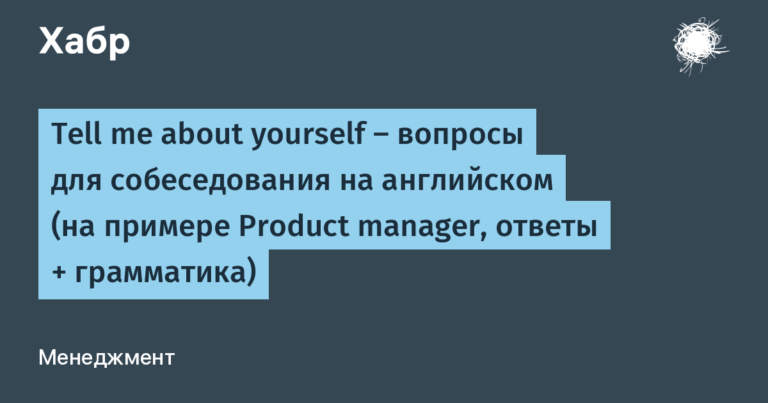Cheating for the sake of work?
The competition in the software testing (QA) job market has reached such heights that job seekers have begun to resort to tricks. Some companies that train testers even advise their students to embellish their resumes or even make up work experience. But is it worth it?
Real examples of fakes
Not long ago I personally encountered two curious cases.
Case one: the girl indicated in her resume that she has been working in my current company for 3.5 years (!!!). Fortunately, the girl was not so arrogant, and she sent her resume to a completely different company. But the world of QA is a small place, and one of my colleagues, knowing a person from our team, simply made a preliminary request for the candidate. To say that we were shocked is to say nothing.

Case two was even more interesting. One guy wrote in his resume that he graduated from Baumanka with honors and worked at Yandex. Such a resume immediately attracts attention. But when checked, it turned out that this was a complete lie.
Why do people cheat?
High competition. Dozens of candidates apply for one junior tester position. The desire to stand out is understandable, but deception is a risk that does not pay off.
What are the dangers of lying?

When the deception is discovered, the consequences can be serious:
Job loss.
Damaged reputation.
Distrust from future employers.
This can be a serious obstacle to a successful career in IT.
The role of training companies
Some tester training courses themselves advise students to embellish their resumes. This undermines the credibility of the industry as a whole. Companies get specialists with questionable skills, which harms all market participants.
How to stand out honestly?
There are several ways to stand out without cheating:
Real projects: Participate in real projects, even volunteer ones. This will give you experience and recommendations.
Internships and mentoring: Look for internships and mentorship programs. They will give you valuable skills and help you get up to speed in the profession.
Education: Take courses, participate in webinars and conferences.
Self-development: Learn new tools and technologies, follow trends.
Networking: Participate in professional communities, make contacts.
Understanding the real conditions of the labor market is also important. No one will pay a newbie huge amounts of money. You need to prove your worth and gain experience first, and only then expect high salaries.
Conclusion
Competition in the QA field is fierce, but lying is not the answer. Fake resumes harm not only job seekers, but the entire industry. Honesty, perseverance and constant development will help you achieve success. Don't risk your reputation for imaginary benefits.
Have you encountered fake resumes? In what areas was it? Share your stories!



